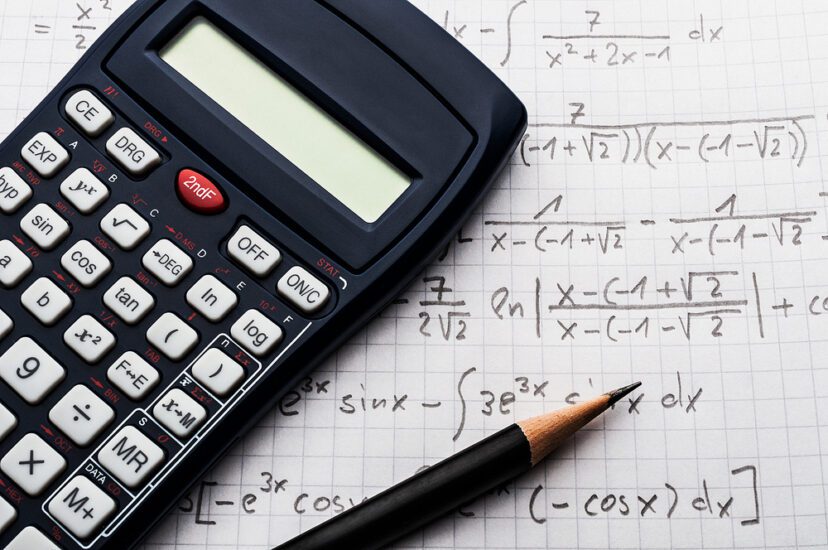In many high schools around the world, students have their courses split into semesters. While it might be easier to manage projects and exams with fewer subjects at a time, not all courses are the same. When students find themselves studying North American History in one grade and World Wars the following year, the months that fell in between don’t necessarily matter as much as they tend to with other subjects. For example, what you learn about electricity in this year’s science class may have no direct relation to the optics concepts you learned the year before. But math? That’s a different story!
Math curriculum is made to be built on similarly related concepts, growing in complexity as the student gets older. Starting from elementary years, what a student learns in math in one grade needs to be recalled in the next level. In this sense, math is much more like English than science – it is not necessarily about just knowing facts, but also requires continuously re-using them as a tools. Your skills in English help you to write increasingly better in all areas of academics, from essays in social studies to lab reports in science. Your skills in math will help you manipulate formulas in physics, chemistry, and solve problems whenever there are numbers involved. The difference is, you never stop practicing your English, even when you are not in an English class. You use it in your daily life, and in all your other subjects. But if you take a six-month break in math, you risk spending the first several weeks of the new grade struggling to recover concepts that you had already learned.
For some students, this may not be a big deal. For many others, it becomes a struggle as the years go by and they are expected to quickly remember past concepts while simultaneously being introduced to newer, more complex topics. Science and math teachers at senior grades have a lot to cover, and often times students that are having difficulty recalling prior concepts at this point end up lost in the new concepts as well.
That’s where we come in! A math tutor can help a student year-round. During a semester in which math is currently a subject in school, the focus of private tutoring can be to reinforce the concepts, complete homework, and prepare for tests as they happen in class. This will all lead to a better understanding of the material and increased performance on exams.
But the best tutoring has to offer sometimes happens after the course is finished! Tutors can go at a pace catered to the individual student, either by working ahead on the next grade or re-working specific topics, and thus keep the math skills going until the following year. Being able to mix concepts (as opposed to only working on one chapter at a time) is particularly useful.
For example, it is relatively easy to learn to add two fractions when all a student focuses on is addition of fractions. After working with enough problems, students often end up memorizing the procedure. The big leap happens when the student can now naturally add fractions when newer fraction-based concepts are introduced (like probabilities). This will occur over time as the student matures and the topics keep coming back, but the road can be much smoother with the help of a tutor to make sure nothing gets rusty or forgotten! Not to mention the huge boost of self-confidence that happens when the student starts a new grade and already knows how to do it!


